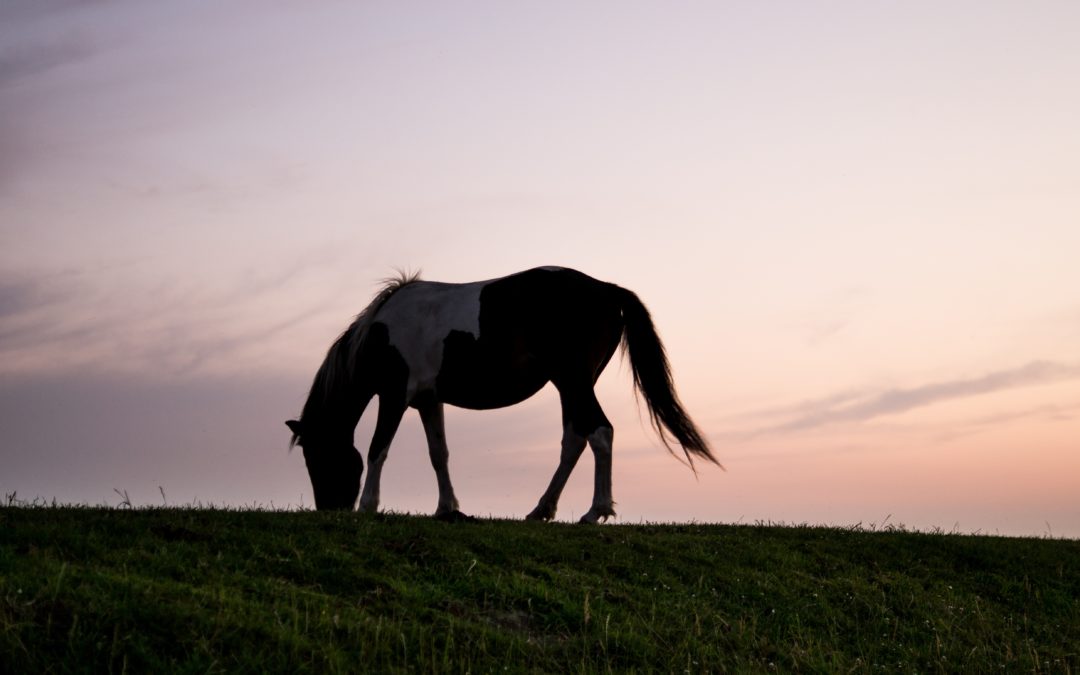When it comes to the safety and health of your four-legged companions, vaccination is an area where we don’t want to make compromises! Many of the diseases we routinely vaccinate for are very serious, if not fatal for your horse. Having a veterinarian vaccinate your horse can help ensure that your horse is kept healthy, safe, and free of preventable disease. Here are some of our top reasons why veterinarian-administered vaccines are best for both you and your horse.
1. Which vaccines? There are so many different vaccines and vaccine combinations available that the choices can seem overwhelming! 4-way, 5-way, 7-way? What is even in those vaccines and which do I need? Your veterinarian is familiar with available products, what they contain, and (most importantly!) what vaccines your horse specifically should receive. Vaccine programs can be tailored to the individual horse, and your veterinarian has the training to develop an appropriate program. Core vaccines, which include Eastern and Western Equine Encephalomyelitis, Rabies, Tetanus, and West Nile Virus, are recommended for all horses. The list of non-core vaccines, however, is much longer! Your veterinarian can help you decide which of these your horse needs based on age, geographic location, and lifestyle.
2. Vaccine handling. Vaccine storage and handling are essential to ensure that a vaccine is both effective and safe for your horse. You can have confidence that your veterinarian is aware of and will maintain these requirements when providing vaccination services. Improperly stored vaccinations can lose their efficacy, leaving your horse vulnerable to potentially fatal disease. Improperly storing vaccines can also increase the risk of adverse reactions.
3. Adverse reactions. Speaking of adverse reactions, if your horse has an adverse reaction to a vaccine, you want your veterinarian there! Though rare, adverse reactions can be severe and life-threatening to your horse, ranging from mild soreness and fever to complete anaphylaxis. Your veterinarian will be able to recognize signs of adverse reactions quickly, and have the necessary equipment and medications to treat your horse immediately.
4. Liability. Many vaccine companies have excellent backing for their products. If your horse contracts a disease that it was vaccinated against, companies may cover portions of the testing and treatment costs. Some may also cover costs of treating adverse reactions. The catch? Most require that the vaccine was handled and stored properly, and given by a licensed veterinarian.
5. Hidden costs. Purchasing and giving your own vaccines may seem cheaper, but each point discussed above can come with hidden costs. You may be spending more than necessary on non-core vaccines that your horse doesn’t need. Improperly stored vaccines that are ineffective both wastes the money spent upfront, as well as leaves your horse vulnerable to disease that can be very costly to treat. Perhaps most importantly, consider the invaluable cost of your horse’s safety. Having your veterinarian vaccinate your horse is the best way to ensure they are protected from disease while minimizing associated risks.

